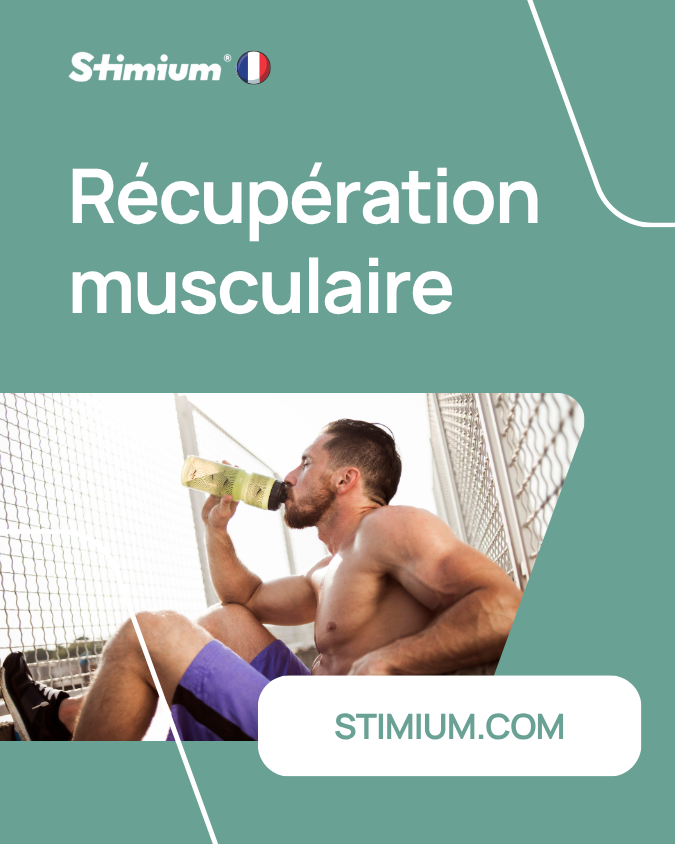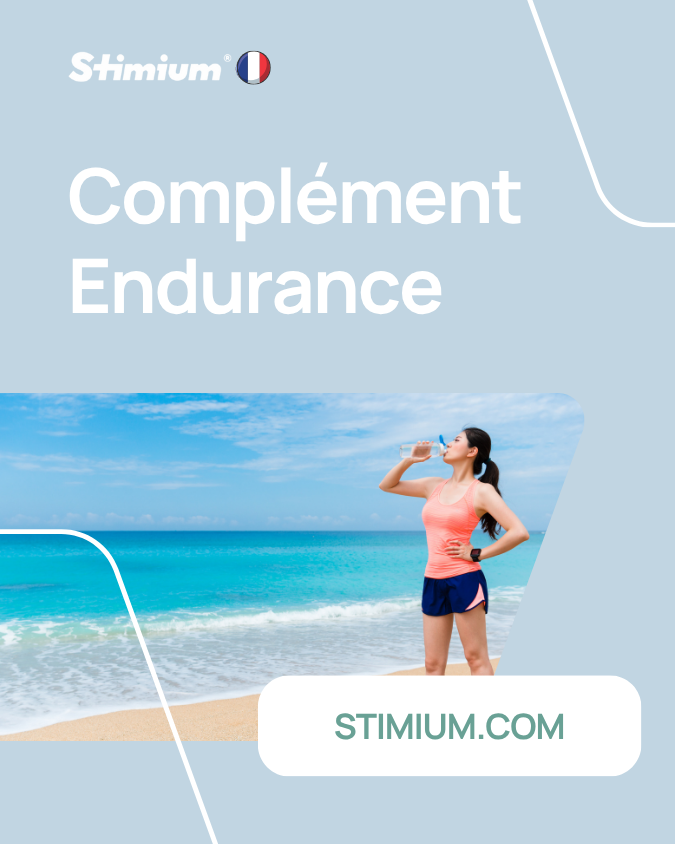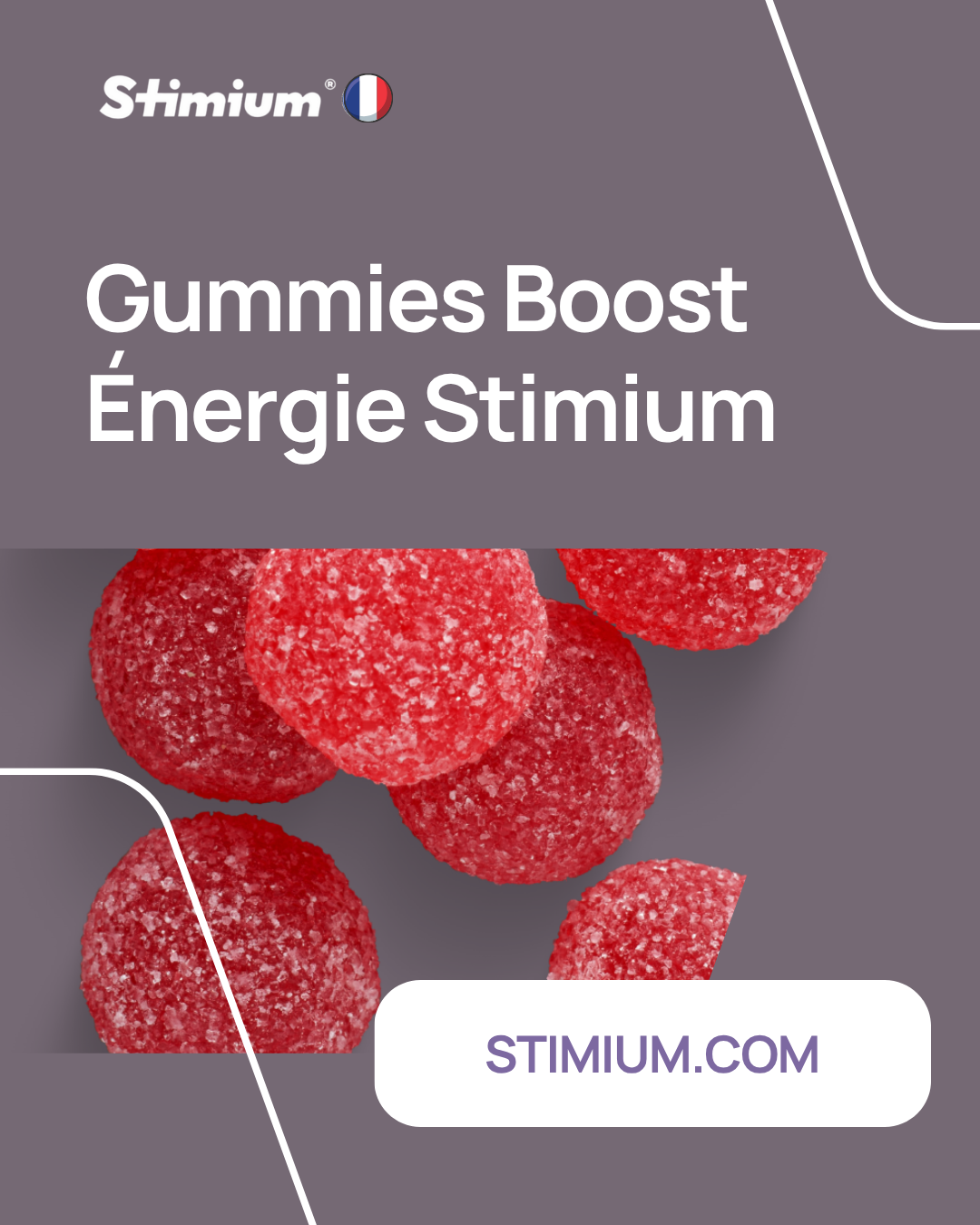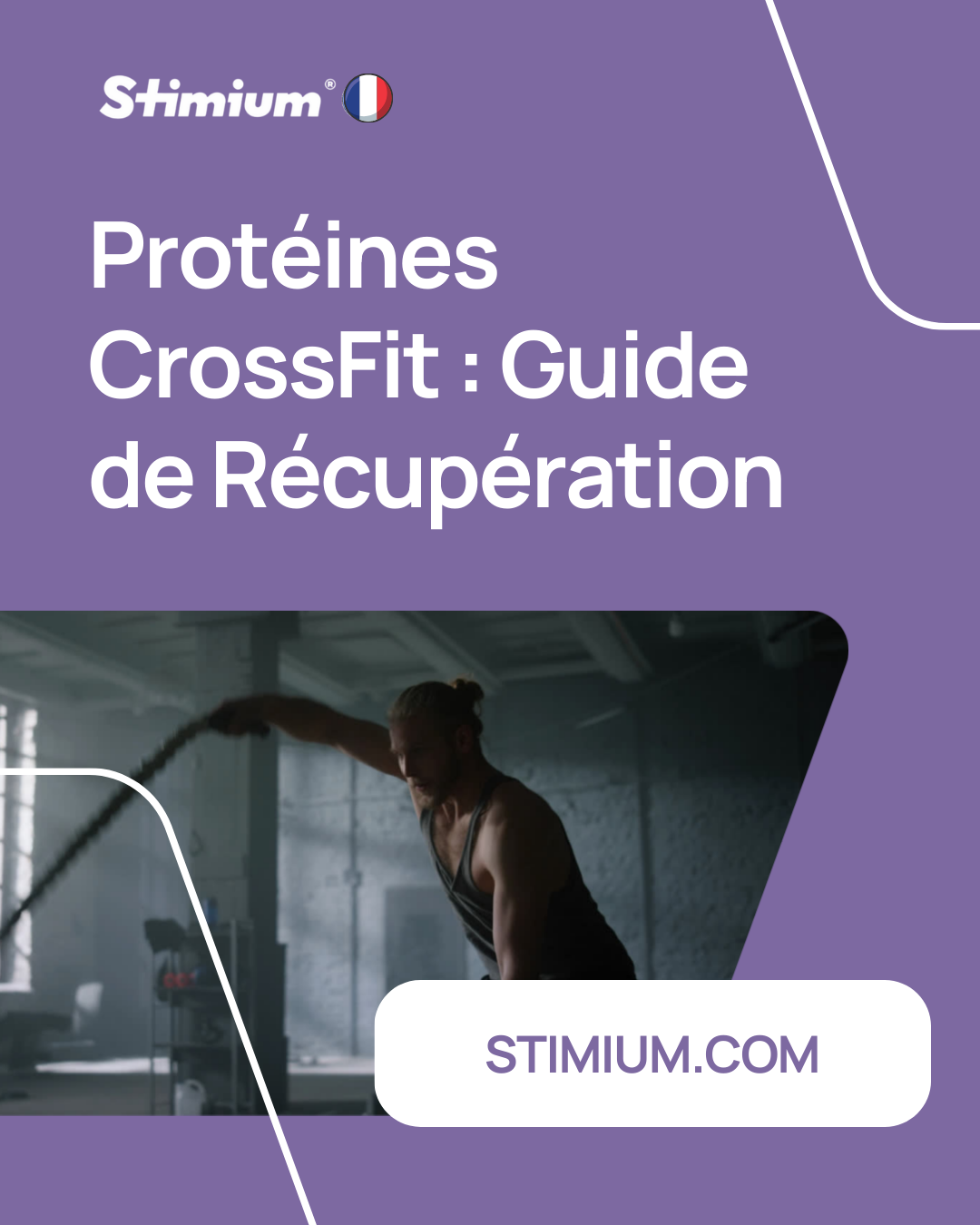No longer have a stomach ache during sport
Sport and digestion are closely intertwined for better and for worse . The digestive system is activated and toned by physical activity, but it can also be subject to intense fluctuations and in this case you combine sport and digestive discomfort. Focus on a sometimes hazardous cohabitation!
Sport and digestion
When you engage in physical activity , whether it's running, cycling, swimming, or fitness, you contract your intestinal muscles . These contractions help your intestine absorb nutrients from your food. You therefore assimilate what you eat better . This is the first benefit of sport on your intestines, it facilitates their work.
During your training sessions, you generally use your abs . These very important muscles support your back and your viscera. Having good abs generally allows for good transit and contributes to better evacuation of stools. Moderate physical activity and sessions focused on the abdominals can help you maintain good intestinal transit² .
Having even moderate activity helps increase the supply of oxygen to the body . This intake will help reduce stress and help reduce the digestive discomfort it can cause¹.
You will have understood, doing sport is good for digestion.
Except that, sometimes, during intense effort, everything goes wrong and sport becomes a source of digestive discomfort .
When the machine races...
When you practice sport intensively, several parameters are likely to cause digestive discomfort . For example, if you run at around 70% of your VO2 max, you should know that the blood flow in your intestines is then reduced by around 80%³. This can lead to abdominal discomfort and cramping.
The mechanical effects of sport can also cause digestive discomfort during your practice . The bouncing of the viscera, the shocks on the abdominal wall and the vibrations will upset your intestines and can drive you to the edge of nausea or cause cramps .
Other factors such as dehydration, eating food too close to exercise, overly large meals or poor chewing of food can also be responsible for inconvenience to the digestive system when you practice your favorite sport4.
How to avoid digestive discomfort linked to sport?
However, it is possible to limit or even avoid the appearance of these manifestations by restoring an intestinal ecosystem on a daily basis that is often damaged by stress.
It is recommended to eat mindfully when practicing a regular sport or in competition. What does that mean ? You have to take your time and make sure you chew each food well. Chewing is a very important part of digestion . It allows it to be optimized. Think about it and avoid eating quickly without paying attention to what you ingest!
Watch your diet
The best way to avoid suffering from digestive discomfort during exercise or competition is to monitor your diet on a daily basis, but also at key moments of your activity .
Be proactive! Before any intense exercise, avoid foods to which you are sensitive for 24 to 48 hours and schedule your last meal approximately three hours before departure.
During exercise, it is better to drink regularly and in small quantities while avoiding sodas which risk harming your intestines. If your event is short and lasts less than four hours, not eating solids before leaving is a good idea . You leave lighter. In this case, you must ensure that you eat well during the week preceding this type of session .
After the effort , your objective will be to promote good recovery .
How to do ? Taking a recovery ration is a good idea and choose a small, easily digestible meal composed mainly of fruits, vegetables, cereal products or legumes with a little rapeseed oil5. Don’t forget to hydrate yourself well!
How to prevent digestive discomfort from appearing too often in your training programs? Take care of your diet, your hydration and make the most of your meals . By knowing yourself better and discovering your food preferences, you can gradually avoid these uncomfortable manifestations.
There is obviously no single cause of stomach aches. Having worked in a previous life for a Laboratory specializing in gastroenterology (Mayoly Spindler), we have identified several pathologies of athletes in the intestinal sphere: bloating, reflux (GERD), vomiting, stomach cramps, and even diarrhea on certain races (notably trails).
But why do we have these intestinal pains? Two main reasons for this generally, the 1st reason is what we call intestinal ischemia, you are really at the bottom, and your blood flow in the intestinal level is no longer as abundant which induces its pain (your muscles have need for oxygen transported by the blood, it's exactly the same thing at the gastronomic level). The second reason will have less to do with your pure performance, but more with your behavior – either you are dehydrated because you have not hydrated yourself enough or on the contrary, you are the victim of intestinal permeability and certain active ingredients pass the intestinal barrier in an uncontrolled manner (for example if you had a big aperitif the day before, or unfortunately much more common, if you added sugar gels, sugar drinks and your glucose level is ultimately too high for your body which must “evacuate” it.
What solutions? The common sense solution is obviously not to experiment with food the day before or the day of the race and to stick to a food and supplement routine that you know and which works, the 2nd solution which is always full of common sense is Hydration with an exercise drink before the race (such as Stimium Boost Powder ) in the form of a few sips. Drinks should be preferred over gels whenever possible.
Twice a year, in summer and winter, it is interesting to carry out detox phases to rebalance your body, particularly at the intestinal level, for a better acid-base balance. In this regard, Stimium OMG which reduces sensitivity to carbohydrates is interesting. As well as Stimium KG which helps fight against inflammation and oxidative stress - a plus to complete the effort or Stimium SPIRU and our organic spirulina dosed at 500 mg, or Stimium Ashwagandha with its extraordinary antioxidant properties improving the elimination of free radicals in the body. And during the race, choose Stimium® Boost and Stimium® Pro-Nrj Gums for the immediate energy they provide and ease of consumption rather than Gels, which are generally too concentrated in carbohydrates or caffeine which are well-known causes. digestive disorders.Basic reminder, a maximum intake of 60 grams of carbohydrates per hour is recommended, beyond that, it is possible to trigger gastrointestinal disorders.
Don't let yourself be bothered by these digestive disorders which can spoil your races and especially the pleasure of doing sport. With good food hygiene, good hydration and supplements taken intelligently, there will be no physiological reason for you to suffer from digestive or intestinal problems.







